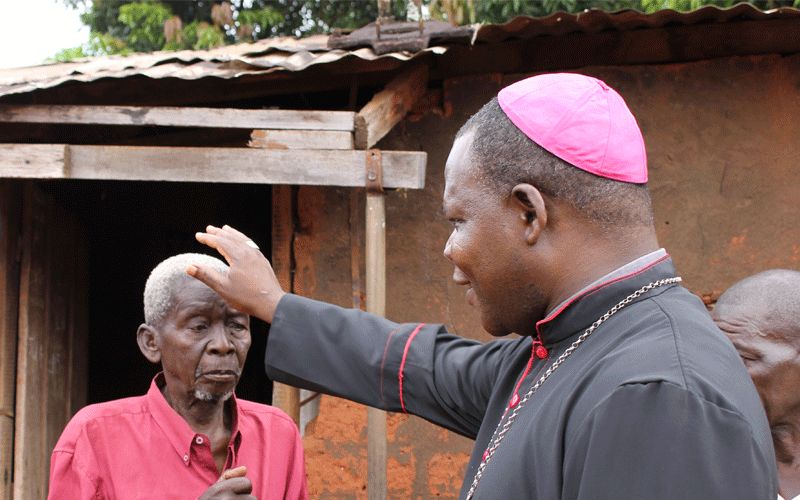Bangui, 25 February, 2020 / 2:46 am (ACI Africa).
A year after the signing of a peace agreement between the Central African Republic (CAR) government and 14 non-state armed groups, a Cardinal who has been instrumental in the peace process in the landlocked nation says the truce has been largely kept and the violence has significantly dropped.
“The violence has dropped dramatically, and the peace agreement was instrumental in this,” the Archbishop of Bangui Dieudonné Cardinal Nzapalainga has said in an interview with Aid to the Church in Need (ACN) International.
In the February 20 interview, the Cardinal noted, “Before the agreement, violence and attacks were laying waste to the country, but since it was signed, it seems as though the people have internalized that peace is their mutual goal. Troubled areas still exist, of course, but not as many as before. We now have to increase our efforts to end the violence completely.”
The 21-page agreement dubbed “Political Agreement for Peace and Reconciliation in the Central African Republic” was signed on February 6, 2019 in CAR’s capital, Bangui following 10 days (January 24 – February 5) of peace talks in Khartoum, Sudan under the auspices of the African Initiative for Peace and Reconciliation in CAR, led by the African Union (AU).
The accord brokered with the support of the United Nations aimed “to promote dialogue between the Government and armed groups, with a view to reaching a comprehensive consensual agreement to put a definitive end to the crisis.”








